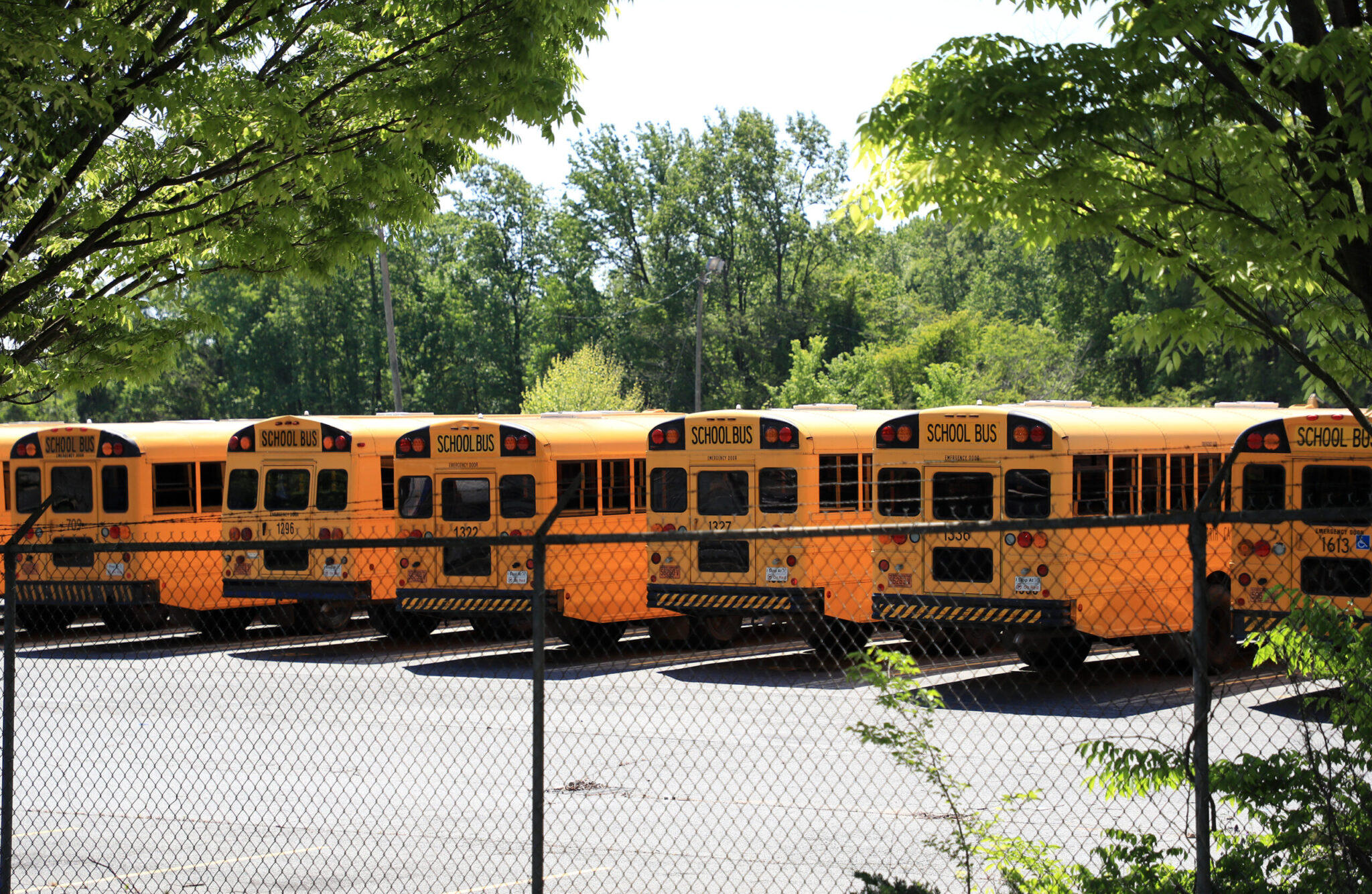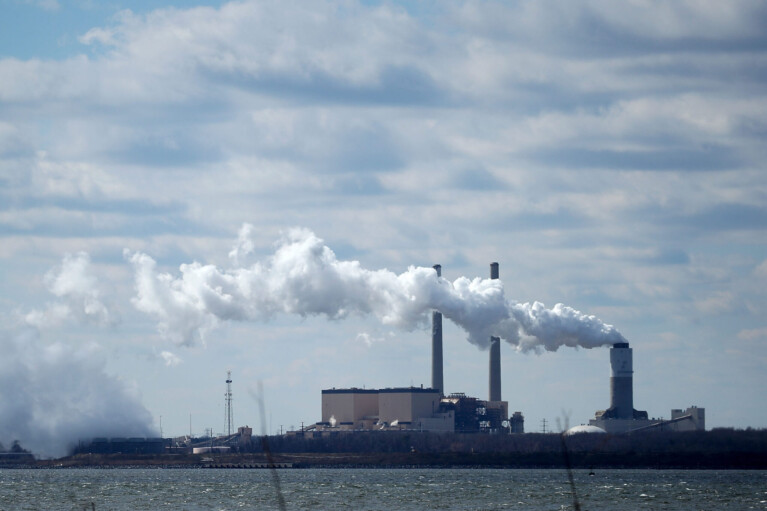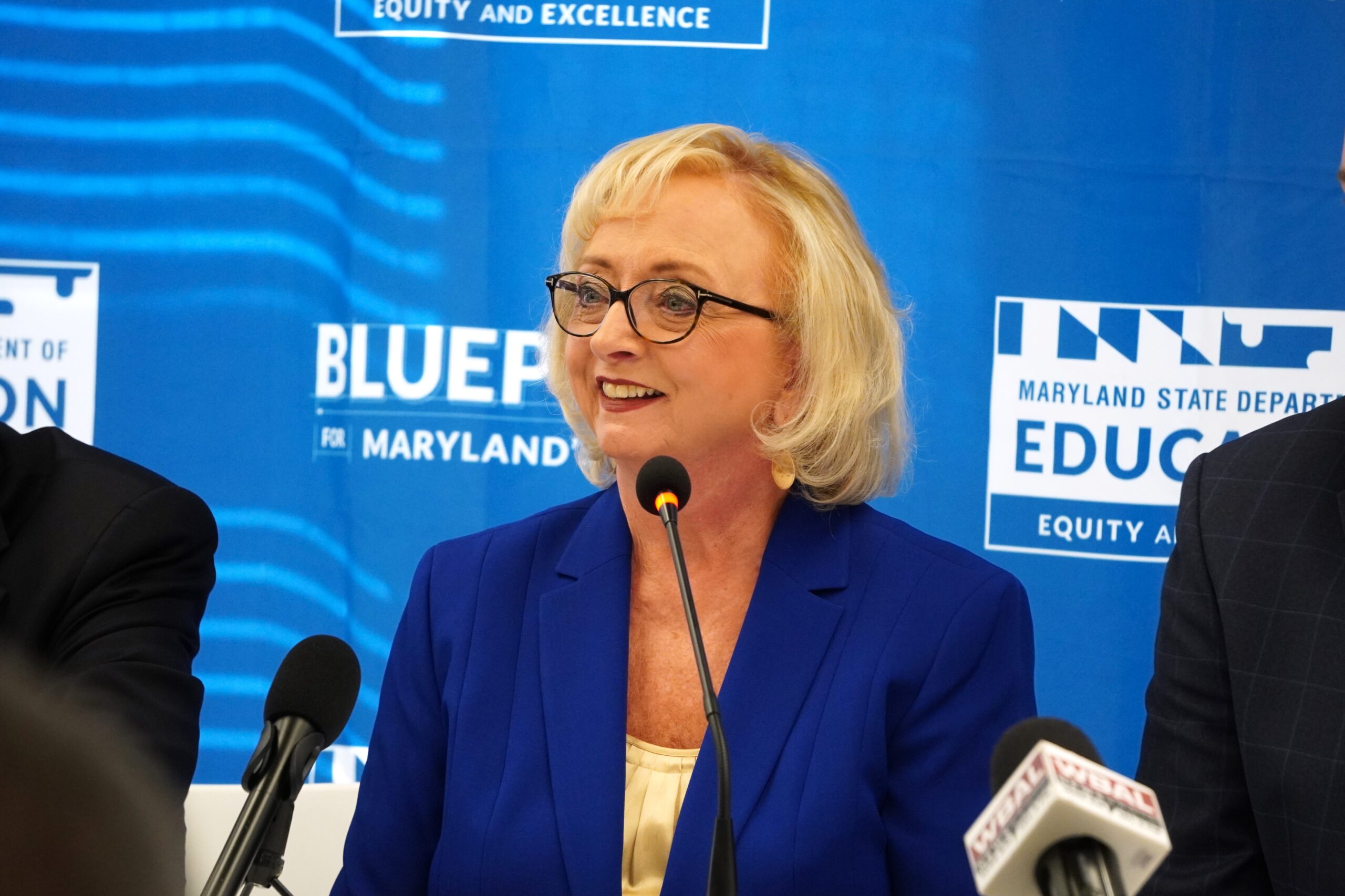White House unveils $1 billion for electric and low-emission school buses

The Biden administration announced this week $1 billion in funding for more than 2,700 electric and low-emission school buses across 37 states.
In Maryland, Montgomery County Public Schools will receive nearly $4.7 million to purchase 50 new buses.
The awards are the second part of funding of a $5 billion, five-year initiative from the bipartisan infrastructure law. In total, the U.S. Environmental Protection Agency’s Clean School Bus Program has awarded nearly $2 billion and funded approximately 5,000 electric and low-emission school buses nationwide.
On a call with reporters, EPA Administrator Michael S. Regan said that many school buses “rely on internal combustion engines that emit toxic pollution in to the air.”
“Not only are these pollutants harmful to the environment, but they can also be harmful to the health and well-being of every student, every bus driver and every resident in surrounding communities,” he continued.
U.S. Sens. Ben Cardin and Chris Van Hollen (D-Md.) celebrated the grant award.
“Taking the bus to school should not be a health hazard for our children. Our students deserve clean, quiet transportation without having to suffer the consequences of dirty, school bus exhaust,” Cardin said in a statement.
Out of the 2,737 new school buses nationwide, 95% will be electric, the White House said. There are roughly half a million school buses across the U.S. used by public schools. A recent Office of Inspector General’s report found that EPA’s Clean Bus Program could be delayed by local utility companies trying to meet demand for electric school buses.
The report found that because “EPA’s 2022 rebate application did not require applicants to coordinate with their utility companies before applying for rebates … the Agency may be unable to effectively manage and achieve the program mission unless utility companies can meet increasing power supply demands for electric school buses.”
In response to that report, Regan said that he is in contact with electric utilities across the country and “they’re excited about (electric vehicles) period, whether it be school buses, whether it be transit or whether it be cars and trucks.”
“I have no doubt that our electricity system can handle this transition,” he said.
Montgomery County Public Schools made a bold promise to transition hundreds of buses to electric in 2021. But the program has run into hurdles, including the manufacturer’s delayed delivery of the vehicles, which require still more work, like the installation of radios, once they are delivered. The school system’s decision in October to purchase new diesel fuel buses to meet transportation needs angered and worried activists.
In the new round of national funding, Regan said low-income public school districts and tribal communities make up about 86% of the projects selected to receive funding. Some of those funding mechanisms include grants, rebates and contracts.
States that were given multiple awards for clean energy school buses include Arkansas, Arizona, Florida, Georgia, Louisiana, Michigan, Missouri, North Carolina, Oklahoma, Oregon and Washington state, among others.
Other states that have received single awards that go toward school buses, infrastructure and program costs include:
Alabama: $5.9 million for 15 school buses
Iowa: $5.9 million for 15 school buses
Kentucky: $6.9 million for 17 school buses
New Jersey: $18.9 million for 42 school buses
Nevada: $7.7 million for 25 school buses
New York: $68.9 million for 200 school buses
Pennsylvania: $47.3 million for 120 school buses
Virginia: $17 million for 57 school buses
West Virginia: $18.5 million for 47 school buses
Danielle E. Gaines contributed to this report.




 Creative Commons Attribution
Creative Commons Attribution